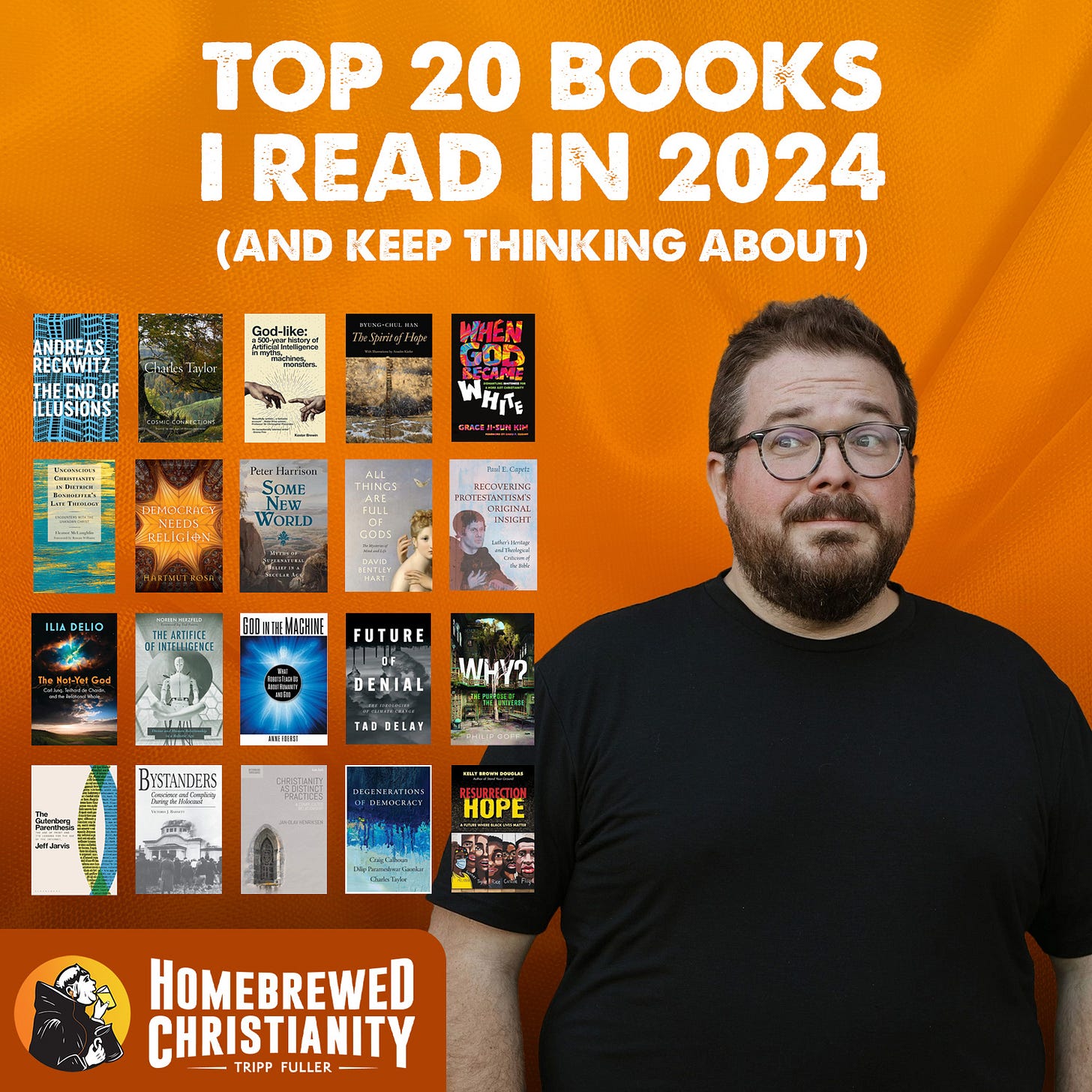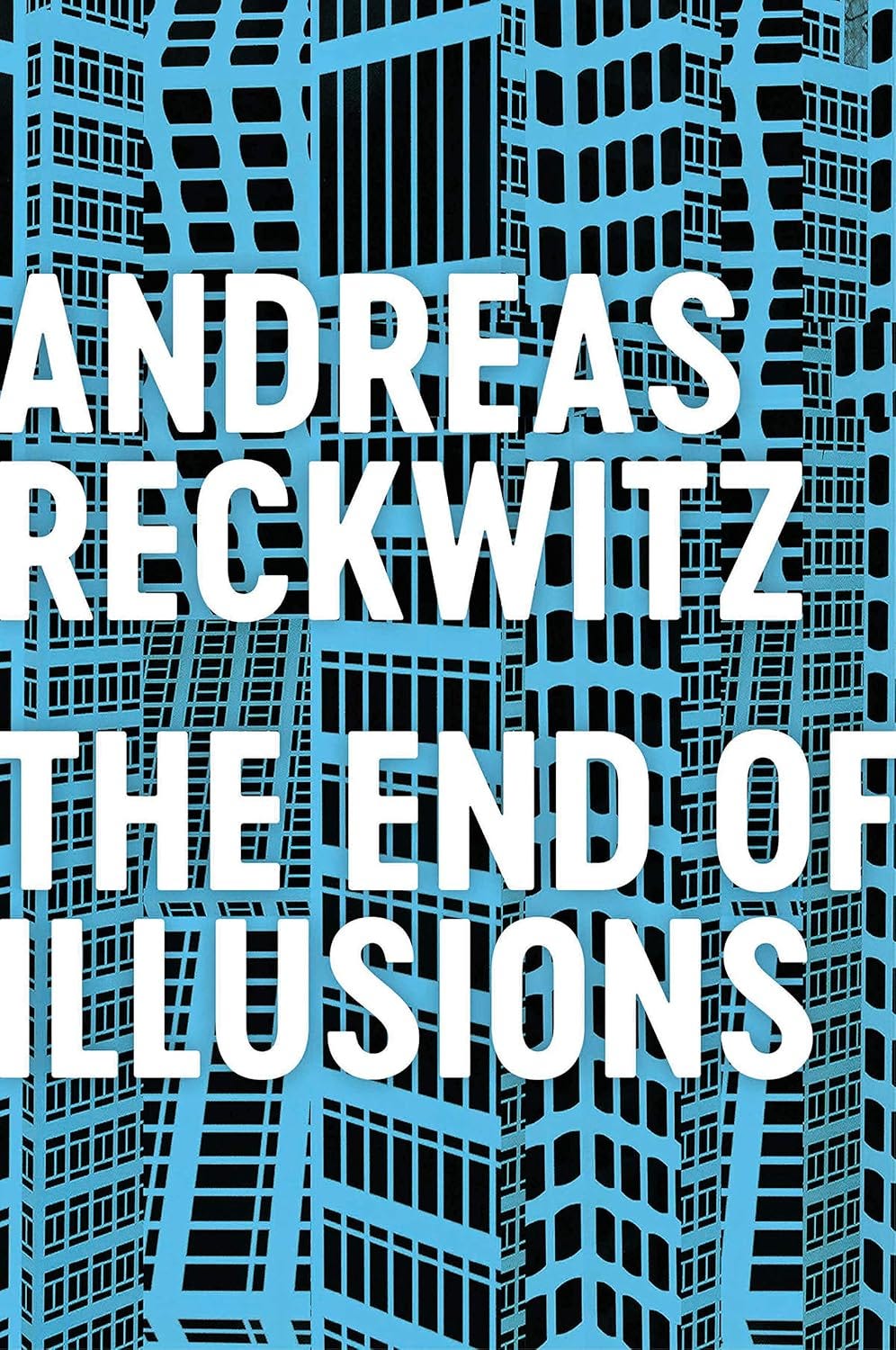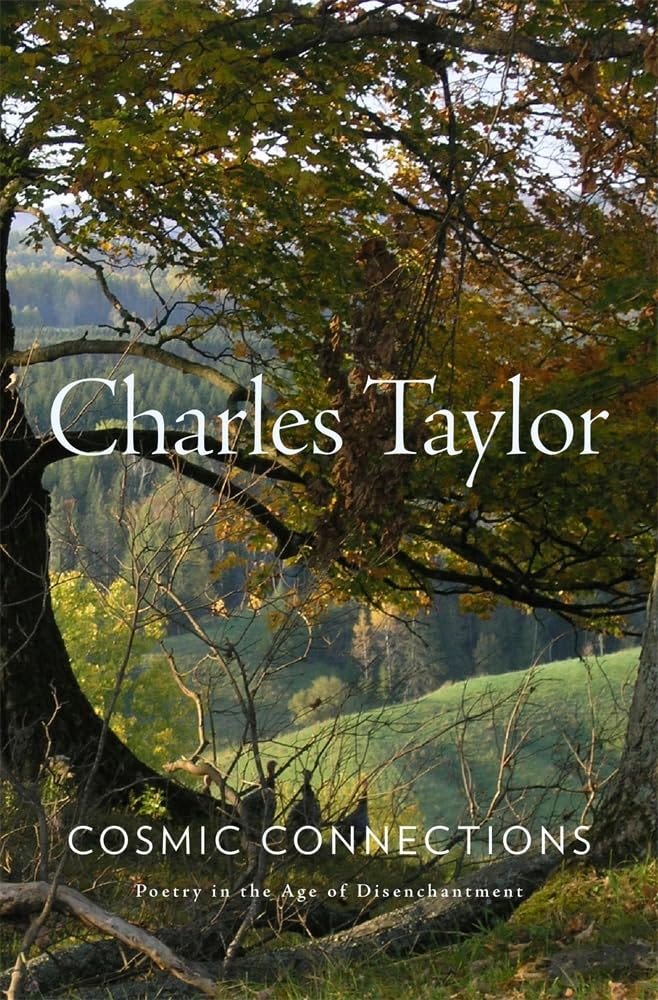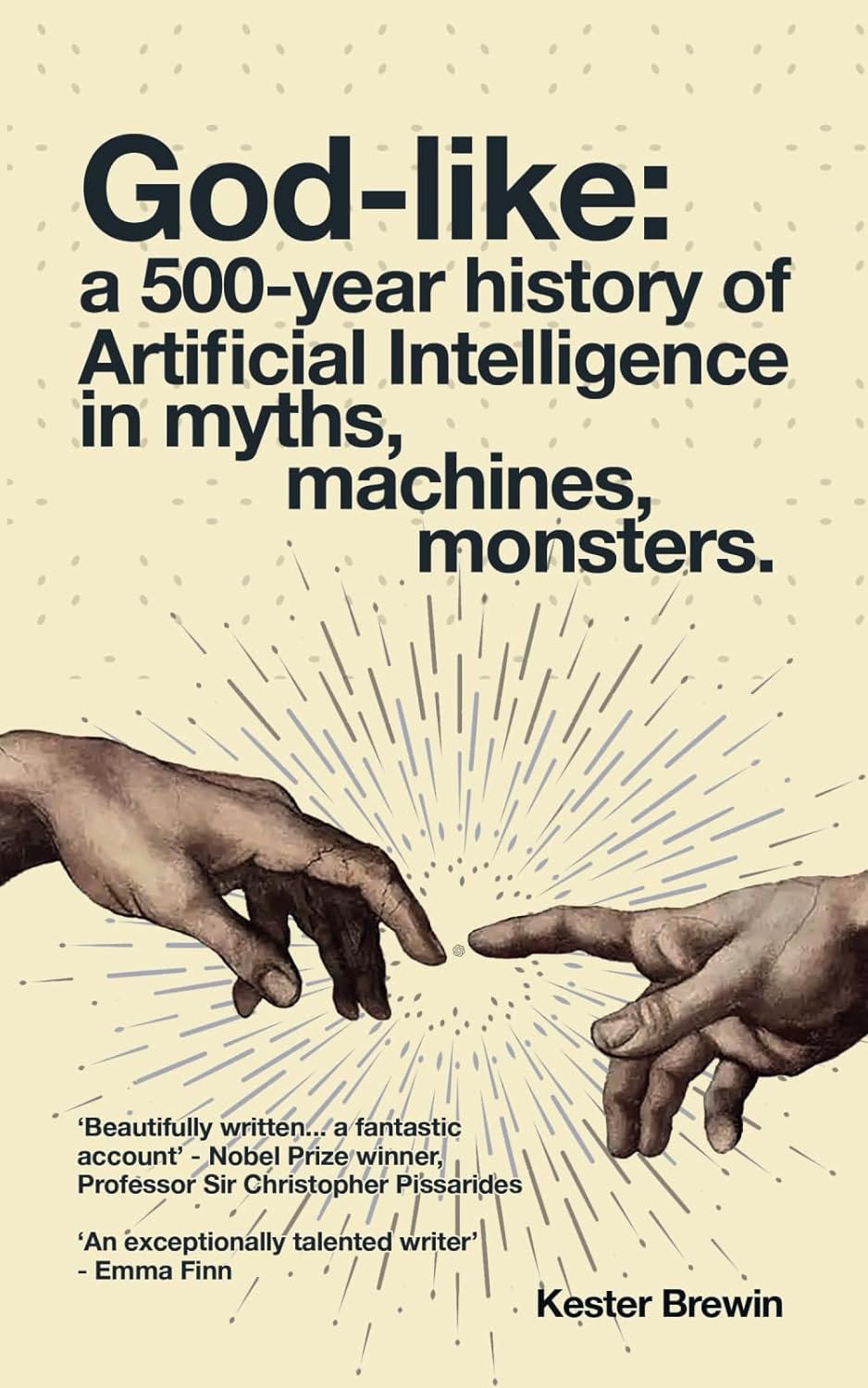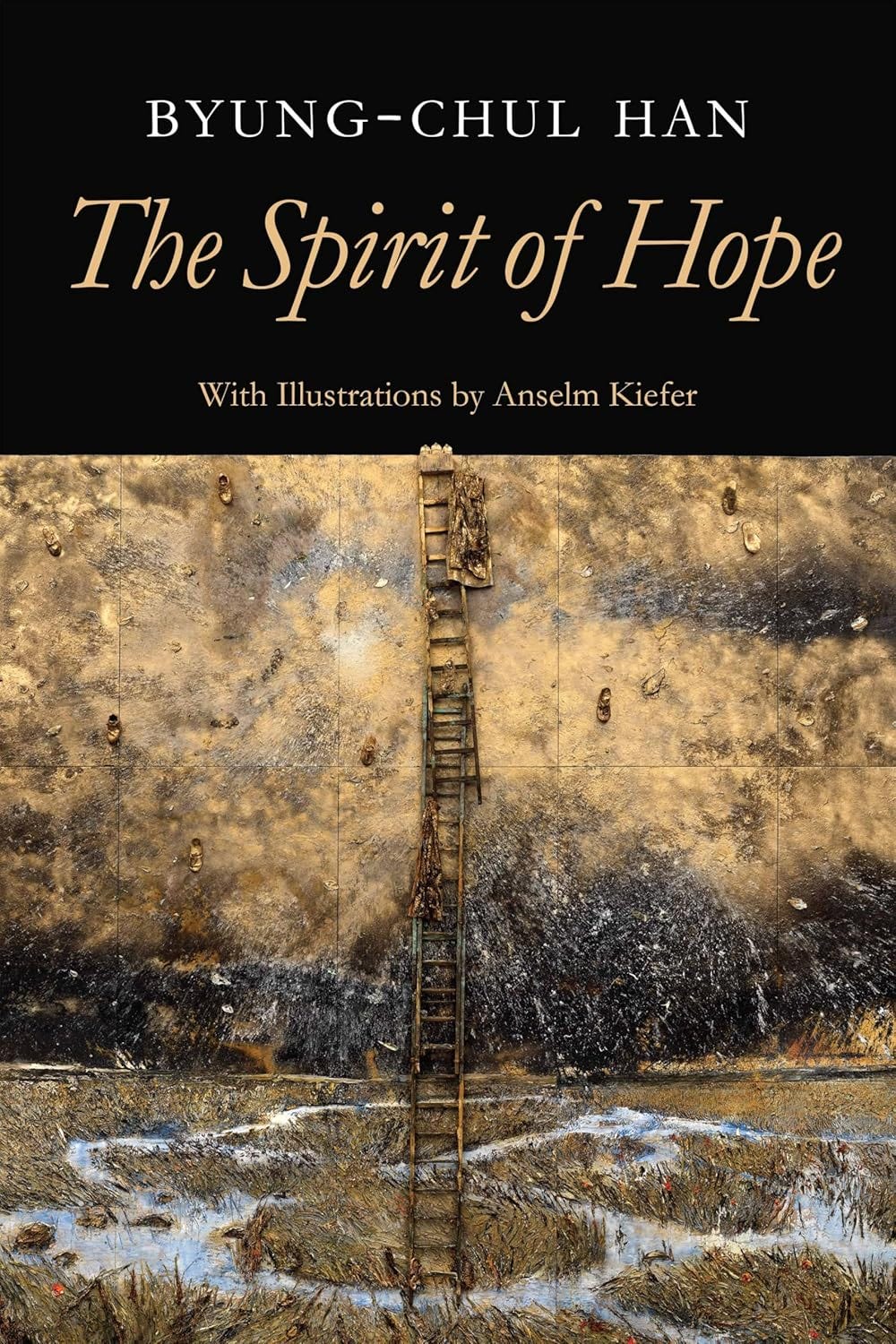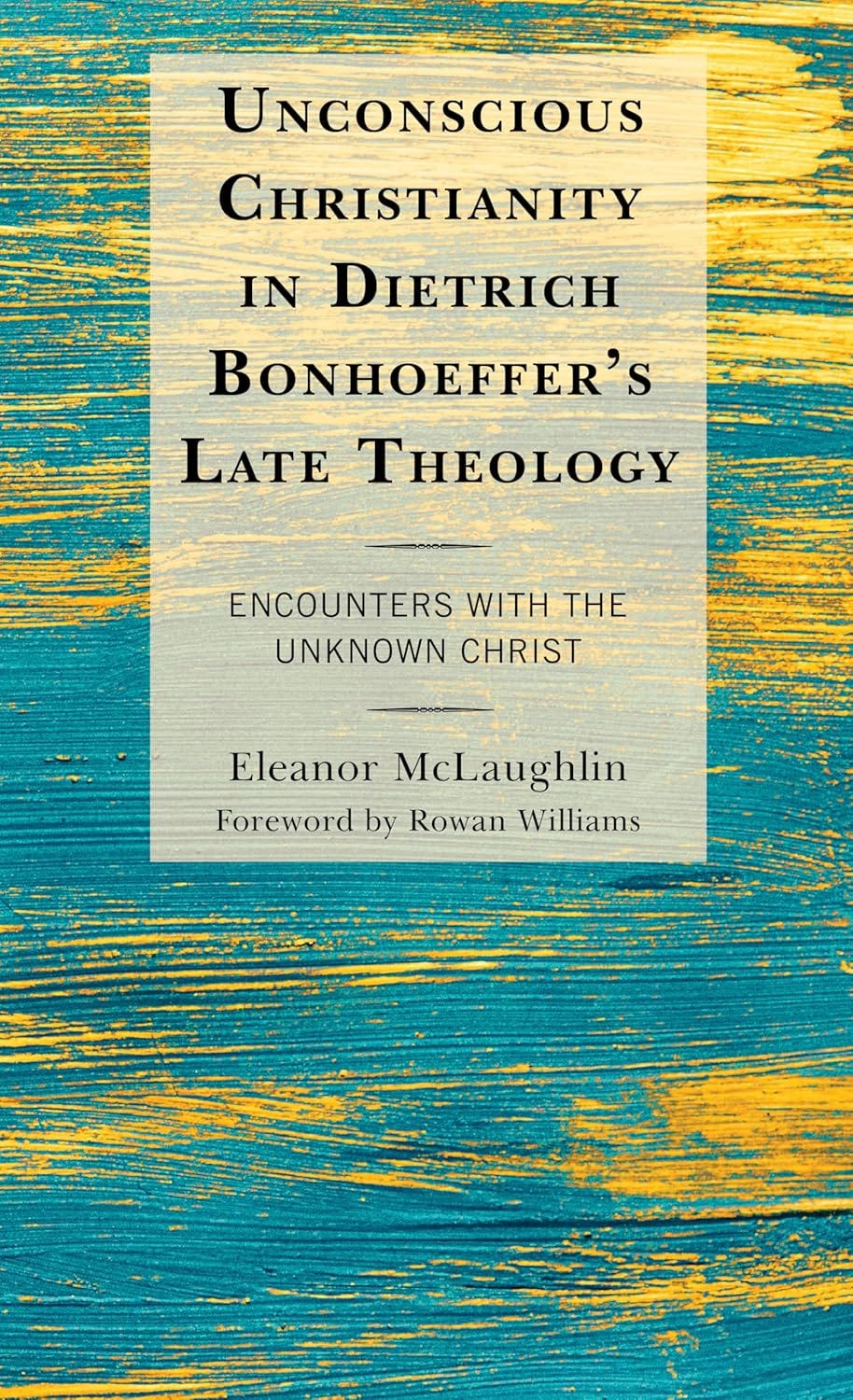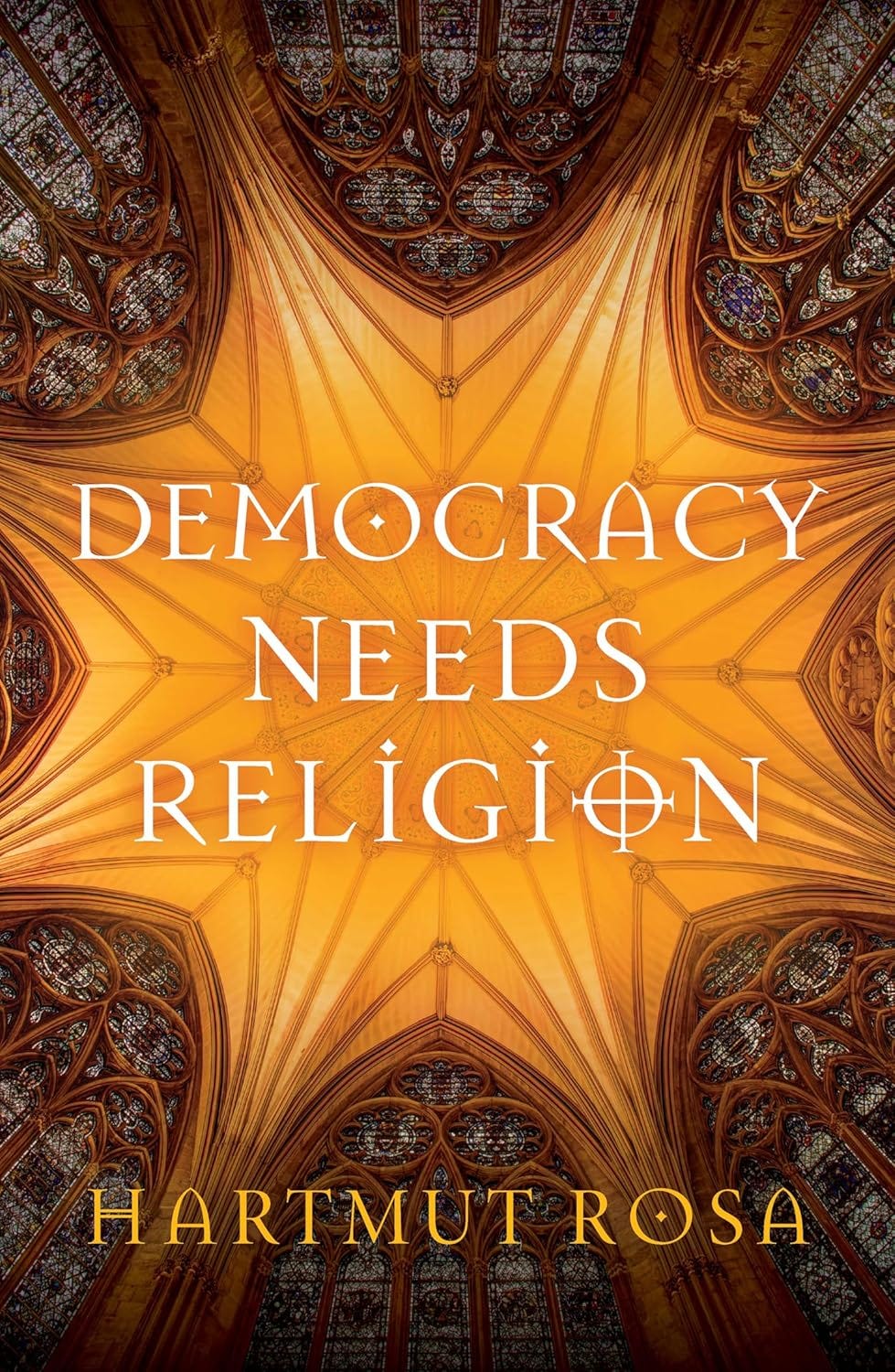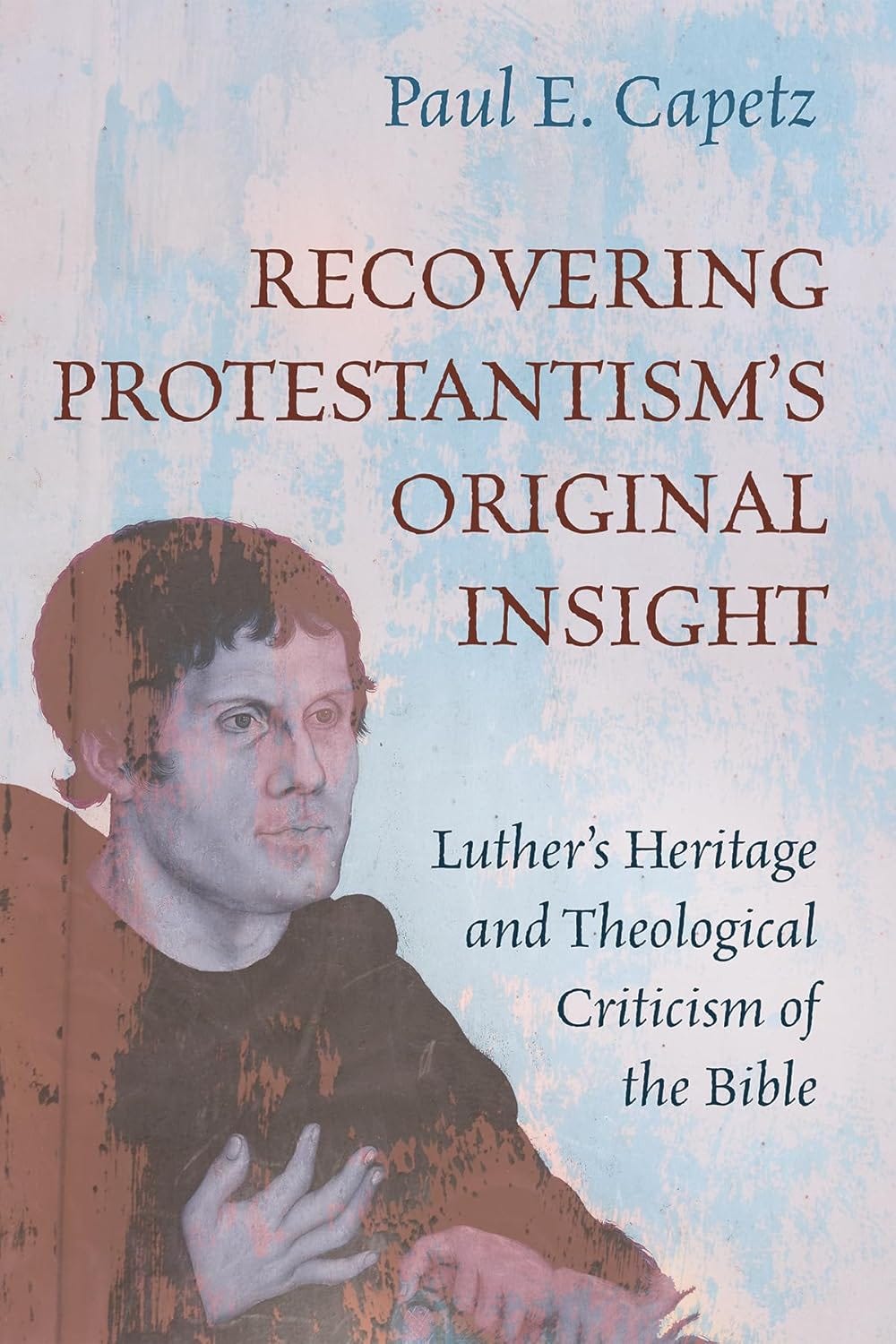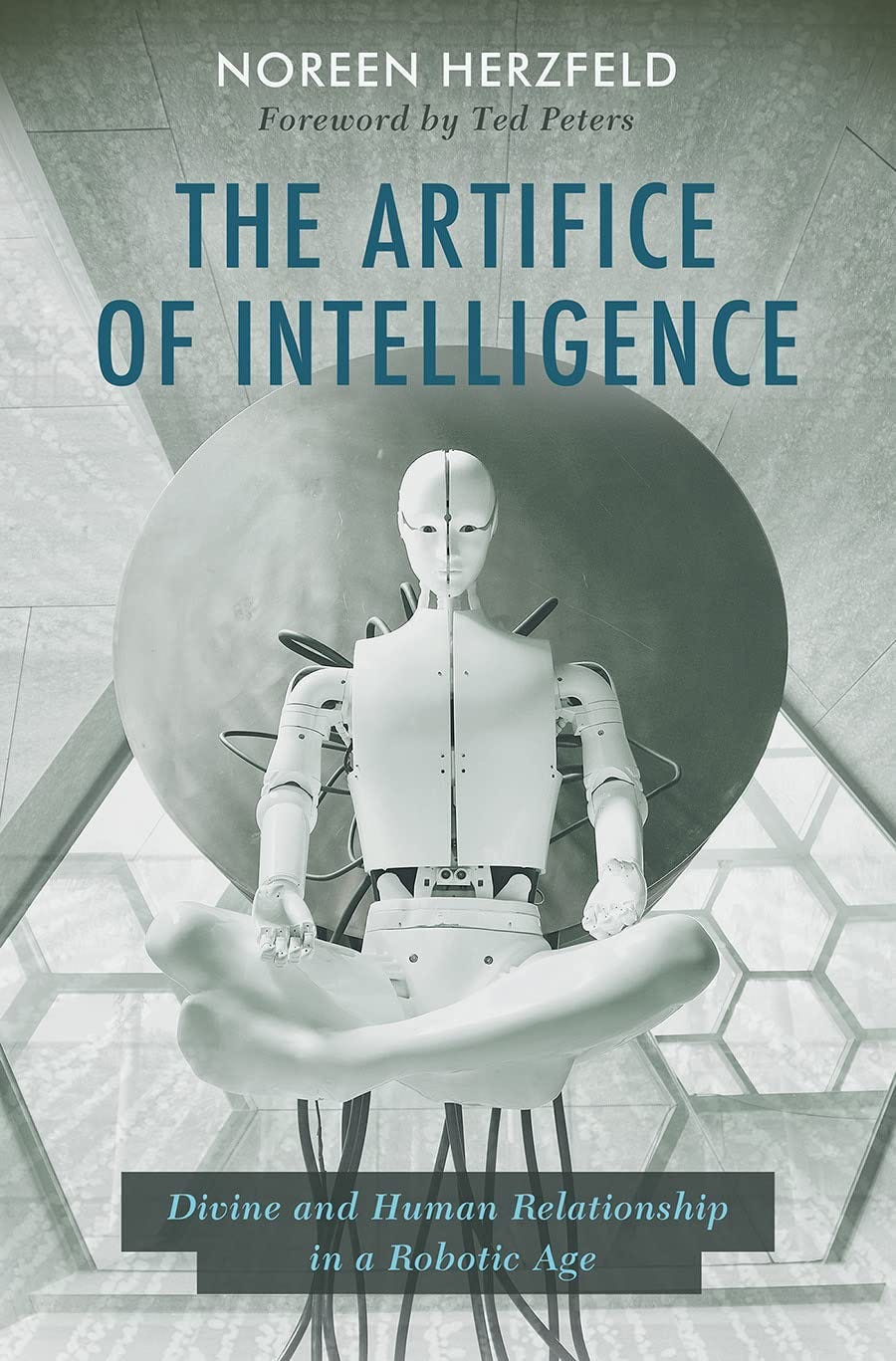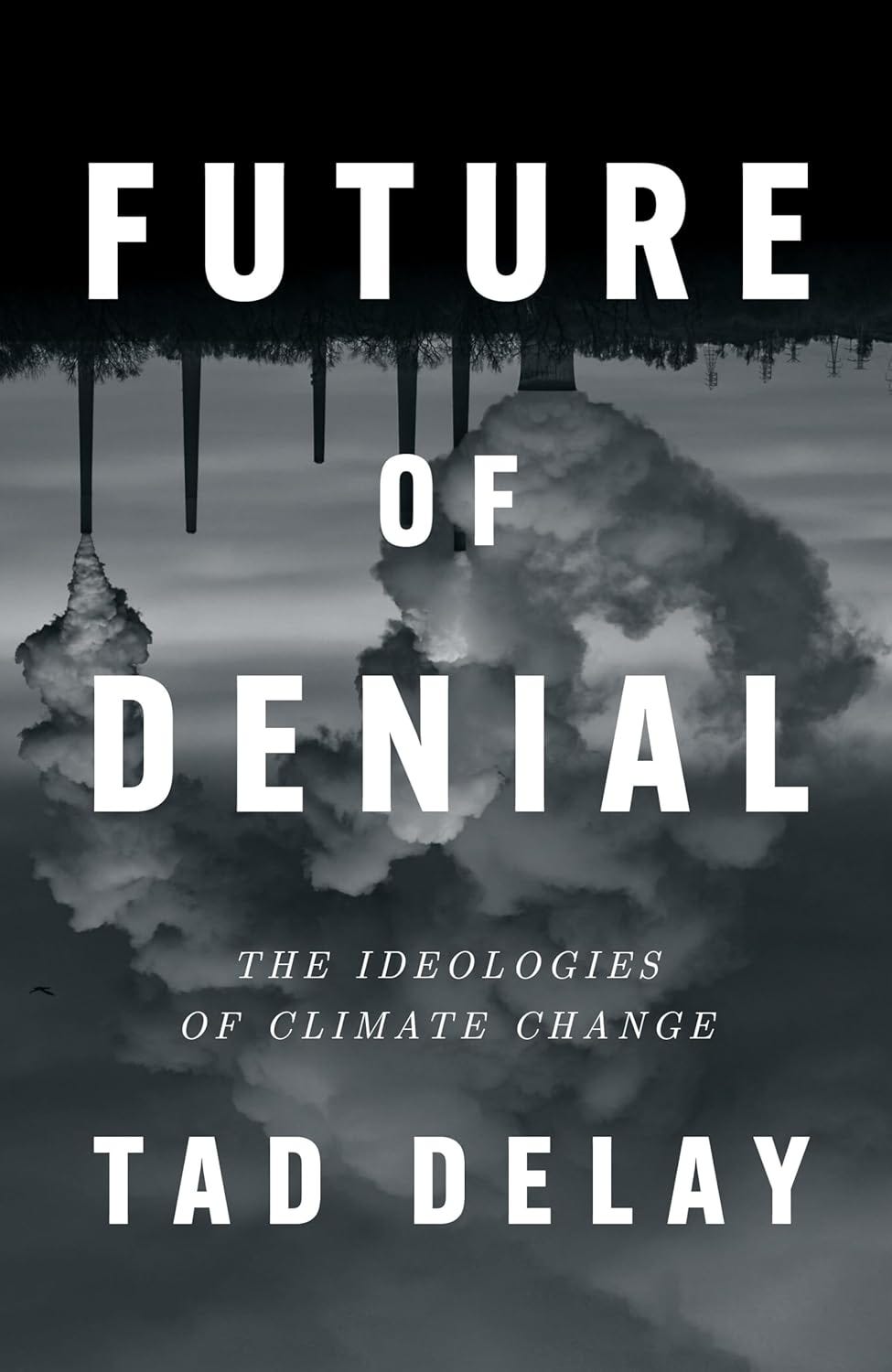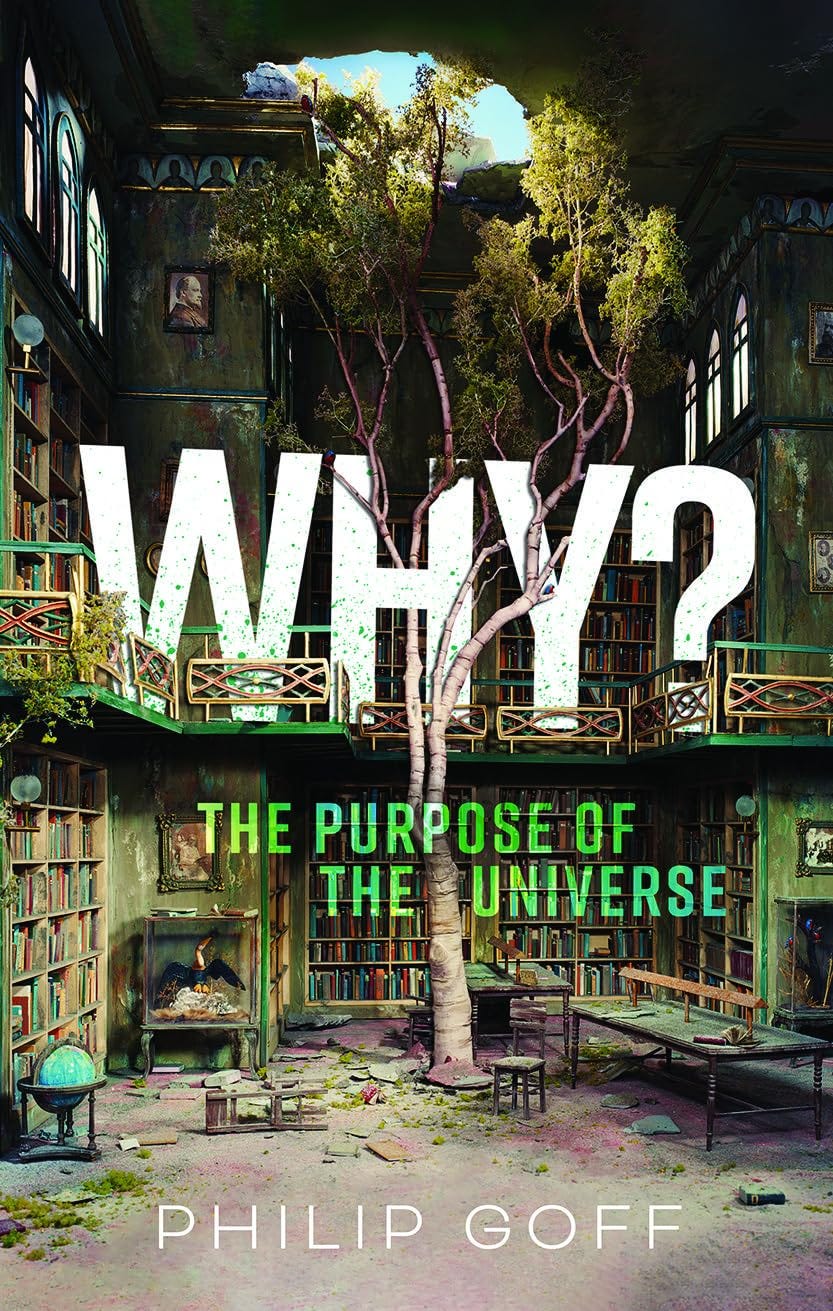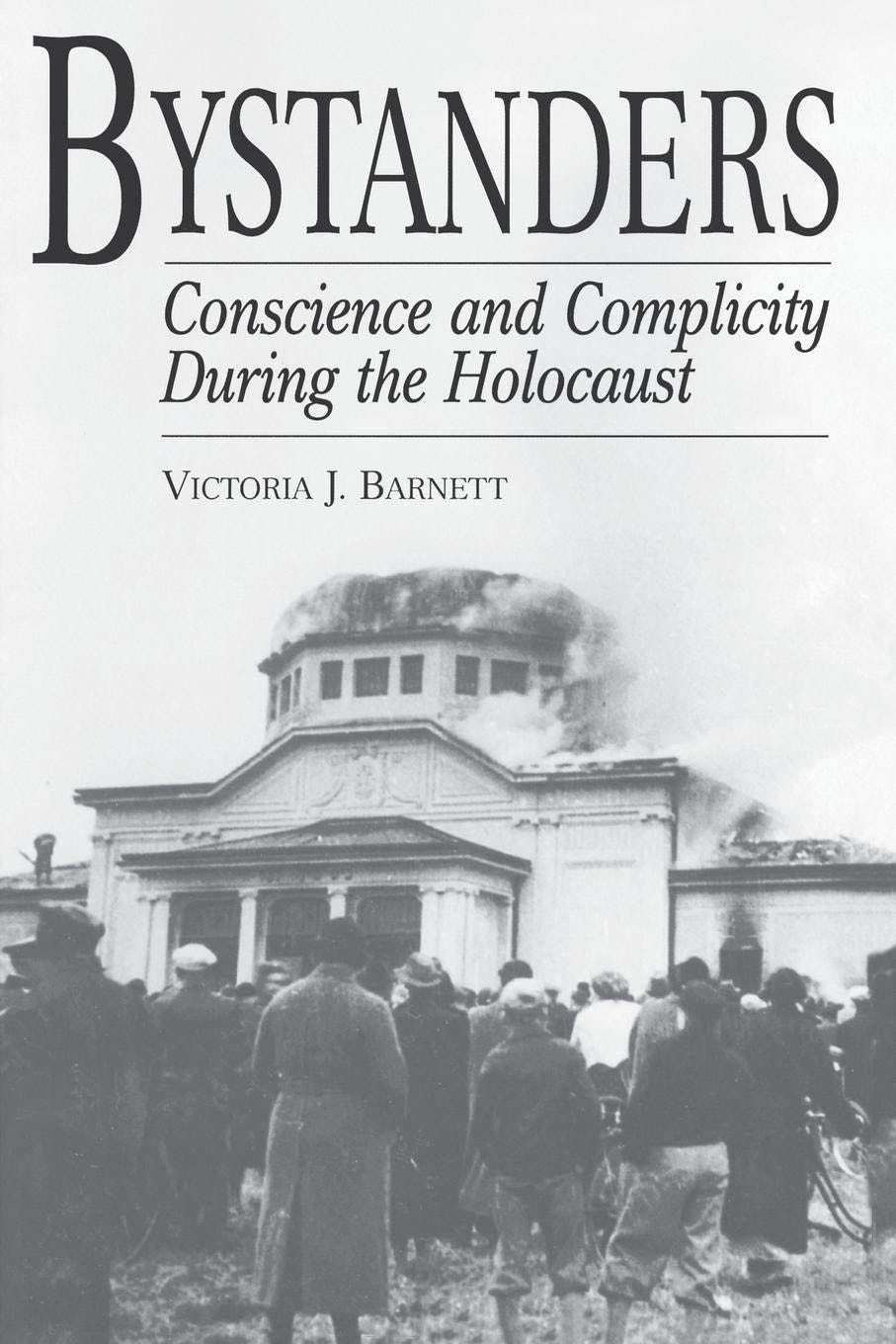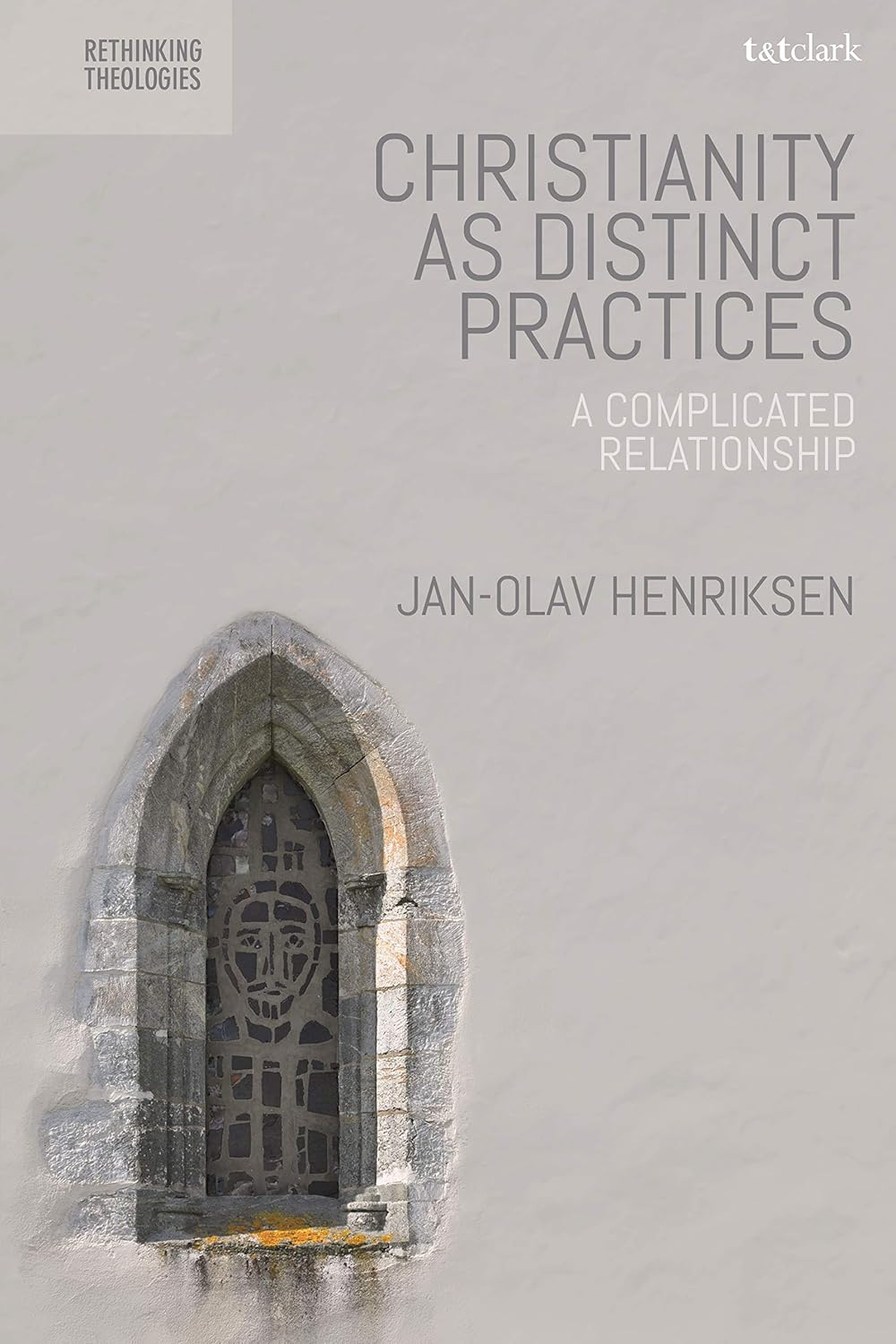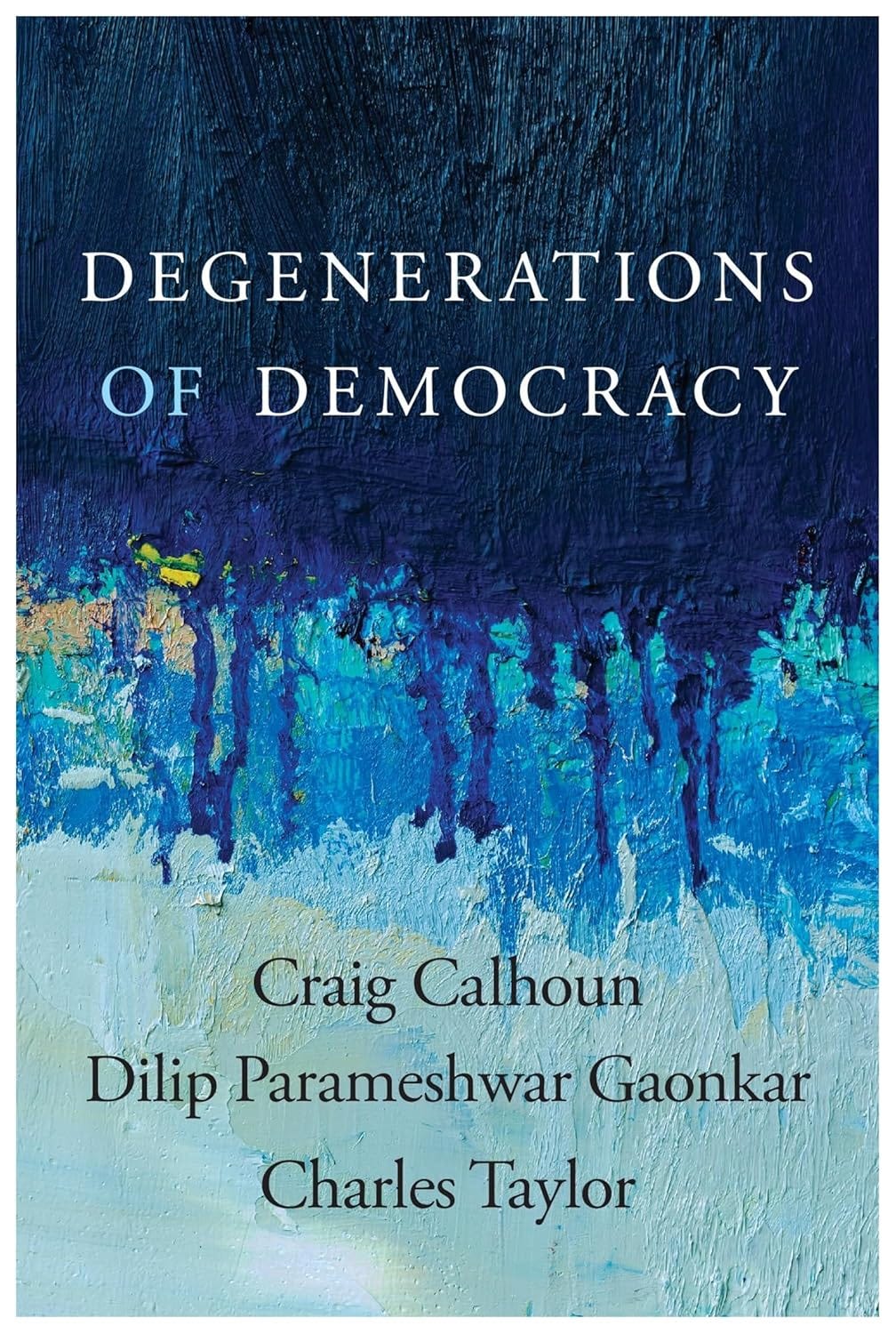Top 20 Books I Read in 2024
Find out how I decide what to read!
Hey Theology Nerds,
Someone recently asked me, “How do you decide what to read?” so I thought I would share a bit about my strategy.
It has gone through several evolutions over the years, but this is more or less what I have done since I finished my PhD. It is geared around my ongoing podcast preparation for Homebrewed Christianity interviews and whatever I am curious about in a given year.
Scroll to the bottom to learn about the top 20 books I read last year!
1. I read to find potential podcast guests.
Running a podcast comes with its unique perks and responsibilities, and one of the most exciting aspects is receiving books from authors, publishers, and listeners. I save the books I receive for a couple of months and then dedicate a day to going through them. During this time, I narrow the stack down to about 20 books. I then read a couple of chapters from each selected book to decide which authors to invite onto the podcast. Once an author agrees to be a guest, I read their book in its entirety and take detailed notes. Over the years, this process has led to the creation of about 15 journals filled with outlines, notes, and discussion topics. These journals not only guide my podcast interviews but also serve as an invaluable resource for research and referencing passages in future discussions.
2. I read in preparation for our online classes.
Throughout the year, Hombrewed Christianity conducts 5 to 6 open online classes. The topics vary; some are areas I’m very familiar with and eager to explore with my class partner, while others are opportunities to learn alongside a leading expert. For instance, this past year, I delved into over 20 books related to Bonhoeffer. These reading experiences enrich the classes and provide a foundation for meaningful discussions.
3. I read a new introductory text to stay current.
Each year, I make it a point to read a new introductory text in one of the fields I aim to stay up to date with. This practice began in graduate school when I realized that some theologians relied heavily on the biblical scholarship they encountered during their divinity studies, even though the field had evolved. I started rotating through new introductory texts in Scripture, History, Theology, Philosophy, or Religion & Science to avoid this stagnation and feel more prepared when interviewing scholars from various disciplines. This habit allows me to stay a bit more current across disciplines and hopefully avoid a narrow imagination.
4. I read to learn from new thinkers and dive into big questions.
Over the year, I often find myself intrigued by a new question or a particular thinker. For big questions, I begin by reading recent journal articles to identify key voices and responses. From there, I select the most frequently cited texts to work through and identify the key questions in the current conversation. For a new thinker, I focus on their major works, the essential secondary texts about them, and a biography if available. I dedicate a separate notebook to each thinker or question to keep my thoughts organized. These notebooks become valuable repositories for ideas, insights, and references that I can revisit as needed.
By following this reading plan, I’ve managed a steady influx of books, stayed engaged with evolving scholarship, and hopefully been responsible to all those who take their time to listen to the podcast and join our different classes.
If anyone has their own reading strategies or a favorite introduction text, let me know.
Top 20 Books I Read In 2024 (and Keep Thinking About)
Over the past year I ended up reading 108 books and below are the 20 I keep thinking about. I didn’t rank the texts and it was hard to shorten the list to 20, but I will give a reason I enjoyed it.
The End of Illusions: Politics, Economy, and Culture in Late Modernity
I got turned on to Andreas Reckwitz through Andy Root and absolutely loved this book. In it he unpacks late modernity—a period defined by neoliberalism, globalization, and digitalization—that has dismantled the collective illusions of progress, stability, and universal well-being. Reckwitz argues that this era has given rise to a polarized society, characterized by cultural exhaustion, economic precarity, and political fragmentation. If I get to write or teach an ecclesiology class, I want to use this book.Cosmic Connections: Poetry in the Age of Disenchantment
I am a huge Charles Taylor fan and his most recent work did not disappoint. In Cosmic Connections Taylor tracks the transformation of poetry throughout modernity and how it influences us through the lived experience of connection. The conviction it inspires differs fundamentally from the conclusions reached through logical argument. By its nature, poetry's reasoning tends to be incomplete, tentative, and enigmatic, yet its insights are profoundly compelling—too deeply resonant to be dismissed. In the last section of the book, Taylor connects the generative power of poetry to the valuative and ethical dimension in a Secular Age.God-like: A 500-Year History of Artificial Intelligence in Myths, Machines, Monsters
My friend and radical theologian Keser Brewin released a new book I absolutely loved. It is not only a powerful telling of humanity’s ongoing relationship with technology and a reflection on the current questions surrounding AI, but it is also the most compelling radical theological text I have read. It demonstrates the symbolic starvation of a marketized public square, the wisdom of what has been harbored in religious reflection, and the need for the return of theology beyond religion. It is also practical theology at its best. It ends with a compelling call to community without an addiction to nostalgia or an allergy to the sacred. It represents radical theology at its best. You can see Kester talk with me about the book and an entire series of interviews inspired by the book right here.The Spirit of Hope
This past year I read a number of books by Byung-Chul Han and this new excellent introduction to his work. In The Spirit of Hope, Han seeks to address our fear and anxiety in our apocalyptic time with an invitation to hope. It is a short, dense, inspiring, and provocative essay that felt like an Advent sermon from one of our time’s greatest philosophers. Multiple times I set the book down and cried. I can’t recommend this book more highly and if anyone knows how to get Han on the podcast let me know.When God Became White: Dismantling Whiteness for a More Just Christianity
Grace is one of the most prolific theologians I know and I always enjoy getting a new book from her, but When God Became White jumped right to the top of her best books. We had an amazing conversation about it on the podcast you won’t want to miss!Unconscious Christianity in Dietrich Bonhoeffer's Late Theology: Encounters with the Unknown Christ
Over the past year I read over 20 books on Bonhoeffer while working on The Rise of Bonhoeffer and it was a complete joy to discover Eleanor McLaughlin’s Unconscious Christianity. It not only gives a compelling account of Bonhoeffer’s late theology and the continuity across his work, but it also introduces the wisdom in his prison fiction and powerful potential for a religionless Christianity today. You can hear my conversation with Eleanor on the podcast here.
Democracy Needs Religion
Over lockdown, I read and reread all of Charles Taylor’s major texts and in the process discovered Hartmut Rosa. This past year, I spent time reading through Rosa’s major texts in preparation for an event with Rosa at Princeton Seminary. During the summer, Rosa released a new short text on the role of religion in our cultural crisis. It is not only an excellent introduction to his work, but a compelling and provocative invitation for faith leaders to reflect on their vocation as stewards of religious traditions. You can hear me and Andrew Root introduce his work in this podcast and my interview with Rosa here.Some New World: Myths of Supernatural Belief in a Secular Age
Peter Harrison is the preeminent historian of Religion and Science and when his new book Some New World arrived I couldn’t put it down. It not only develops themes and narratives that run throughout his work, but does so masterfully, demythologizing many of modernity’s myths. By tracing the historical development of the natural/supernatural distinction, he shows that this dichotomy is a relatively recent construct that has significantly shaped modern consciousness. He tracks how in medieval societies, the divine was perceived as immanent in the natural world, with God's presence evident in everyday life. However, during the late Middle Ages, a shift occurred, leading to the emergence of scientific naturalism—a perspective that a separation between the natural and the supernatural. Harrison challenges the assumption that belief in the supernatural is fundamental to religious commitment, suggesting that this binary opposition has shaped modern secular ideologies and our understanding of religion. His work encourages a reevaluation of how we conceptualize the relationship between the natural and the supernatural, highlighting its historical contingency and their impact on contemporary thought.
All Things Are Full of Gods: The Mysteries of Mind and Life
This year David Bentley Hart finally published his long awaited text on consciousness and it was worth the wait! All Things Are Full of Gods is written in the form of Platonic a dialogue and manages to engage in the ascending conversation around consciousness and move beyond a reductive materialist account of mind. Beyond the book’s actual content, the writing and form were absolutely enjoyable.
Paul Capetz is a dear friend and brilliant historical theologian. In his newest book, Recovering Protestantism’s Original Insight, gives a needed directive for Protestants to return to Luther’s radical trajectory for Protestants present in the birth of the Reformation. After contrasting Luther and Calvin’s divergent relationship with scripture and the Gospel, he traces it into the tensions between Barth and Bultmann and explores how these different contours of Protestantism impact contemporary debates within the church. You can hear our conversation about the book here.
The Not-Yet God: Carl Jung, Teilhard de Chardin, and the Relational Whole
I love Ilia Delio! Her newest book The Not-Yet God is a provocative text arguing that our time is in a period of deep transition and needs a new religion myth. In conversation with Whitehead and Jung she develops a compelling proposal for a relational holism, that weaves together Biblical narratives, contemporary science, and our global struggles. We had a fascinating conversation about the book here.The Artifice of Intelligence: Divine and Human Relationship in a Robotic Age
Noreen Herzfeld is a pioneering theologian when it comes to the questions raised by Artificial Intelligence. In The Artifice of Intelligence Herzfeld reflects on the image of God in Barth’s thought and how a robust theological anthropology can help frame the challenges ahead and help us appreciate our own humanity. You can hear our conversation on the podcast here.God In the Machine: What Robots Teach Us About Humanity and God
In Anne Foerst's God In the Machine she offers a deep dive into the fascinating intersection of AI and theology, urging us to consider the profound ethical, social, and theological questions as we march into an increasingly AI-driven future. As a member of MIT’s earliest explorations of embodied AI, she brings a unique perspective to a conversation increasingly shaped by the emergence of large language models of AI. You can hear our converation on the podcast here.
Future of Denial: The Ideologies of Climate Change
My brilliant friend and philosopher Tad Delay’s new book The Future of Denial is a masterful exploration of the intricate connections between psychoanalysis, religion, and climate denial across the ideological spectrum. It critiques the inadequacy of current mitigation efforts and emphasizes the urgency of adopting adaptation strategies. The narrative delves into the role of renewable energy, novel legal and grassroots activism, and the importance of preparing for climate migrants, while also considering the socio-economic and psychological impacts of climate-induced migrations. You can hear our conversation on the podcast here.
Why? The Purpose of the Universe
Philip Goff is one of my favorite philosophers and a leading advocate of panpsycism. In his new book Why? he demonstrates that the problem of evil is a death nail for the omni-God of classical theism, but a careful analysis of fine-tuning ultimately problematizes the atheistic prejudice that dominates the academy. Much like his book Galileo’s Error, Goff is able to lead a broad audience into a number of lively debates in philosophy and science with skill. I am sure no one is surprised that I got done reading it and thought, “Goff should be a process philosopher.” When last he was on the podcast he identified as a religious fictionalist, but recently he came out as a ‘heretical Christian.’ We have scheduled a follow-up interview in February, so be on the look out for that.
The Gutenberg Parenthesis: The Age of Print and Its Lessons for the Age of the Internet
For years I have followed and enjoyed Jeff Jarvis’ reflection on journalism, technology, and the changing shape of communication. In The Gutenberg Parenthesis Jarvis examines the cultural transformations occasioned by the printing press in search for wisdom as we move through another dramatic change in communication. Beyond the pleasure of his writing style, I find the historical moments he tends to and his attention to the role of power in the creation, distribution, disruption, and decline of different technologies spot on.
Bystanders: Conscience and Complicity During the Holocaust
When Jeffrey Pugh and I started working on the Rise of Bonhoeffer, he recommended I spend some time reading through Victoria Barnett’s work on Bonhoeffer, the Confessing Church, and the rise of Nazi Germany. Her work transformed my understanding of history and the 5 hours I got to spend talking with her were among the highlights of the past year. I read Bystanders before Jeff and I got to spend the day with her the first time and I came in with 6 pages of carefully chosen questions. If you are interested in how a brilliant historian tackles the question of bystanders to the rise and savagery of Nazi Germany, read this book.
Christianity as Distinct Practices
I find the Norwegian philosopher Jan-Olav Henriksen’s interdisciplinary philosophy of religion deeply compelling. He brings together an attentive clarity to the nature of religious practice, secular culture, the cognitive and psychological science, and familiarity with modern philosophy’s tumultuous relationship with religion. In Christianity as Distinct Practices he briefly outlines his philosophy of religion and then uses it to give one of the most powerful accounts of Christianity I have read. Hopefully I will have him back on the podcast this year to discuss it. You can listen to his last visit to the podcast here.
Charles Taylor is oft to say, “Democracy is a process, not an end state.” In Degenerations of Democracy, Taylor brings his Canadian political philosophy into conversation with an American and Indian philosopher. With the combined wisdom and eyes of Craig Calhoun and Dilip Parameshwar Gaonkar, you get a powerful reflection on the upheaval across the globe’s democracies. Tending to the social, cultural, economic, and political transformations in the last 20 years, an alternative diagnosis of democracy’s degeneration is given and critical yet hopeful possibilities are outlined. I read this book on the porch of a cabin at Ring Lake Ranch the week Biden stepped out of the race, which made the authors my conversation partners during that time. I was very glad to have them.
Resurrection Hope: A Future Where Black Lives Matter
Kelly Brown Douglas is one of the leading Womanist theologians and writes theology with such a life force it is contagious. In this book she thinks theologically about the resurrection and Christian hope in the context of the BLM movement and the powerful challenge afro-pessimism raises to the faith. It is both a deeply personal and prophetic text that resists letting the glory of the resurrection blind us to the cross of Christ and all those bearing unjust crosses in our times. You can hear my conversation with her on the podcast here.
If you found this post to be valuable, share it with your friends and followers.
What book did you read last year that you’re still thinking about? Leave a comment!


